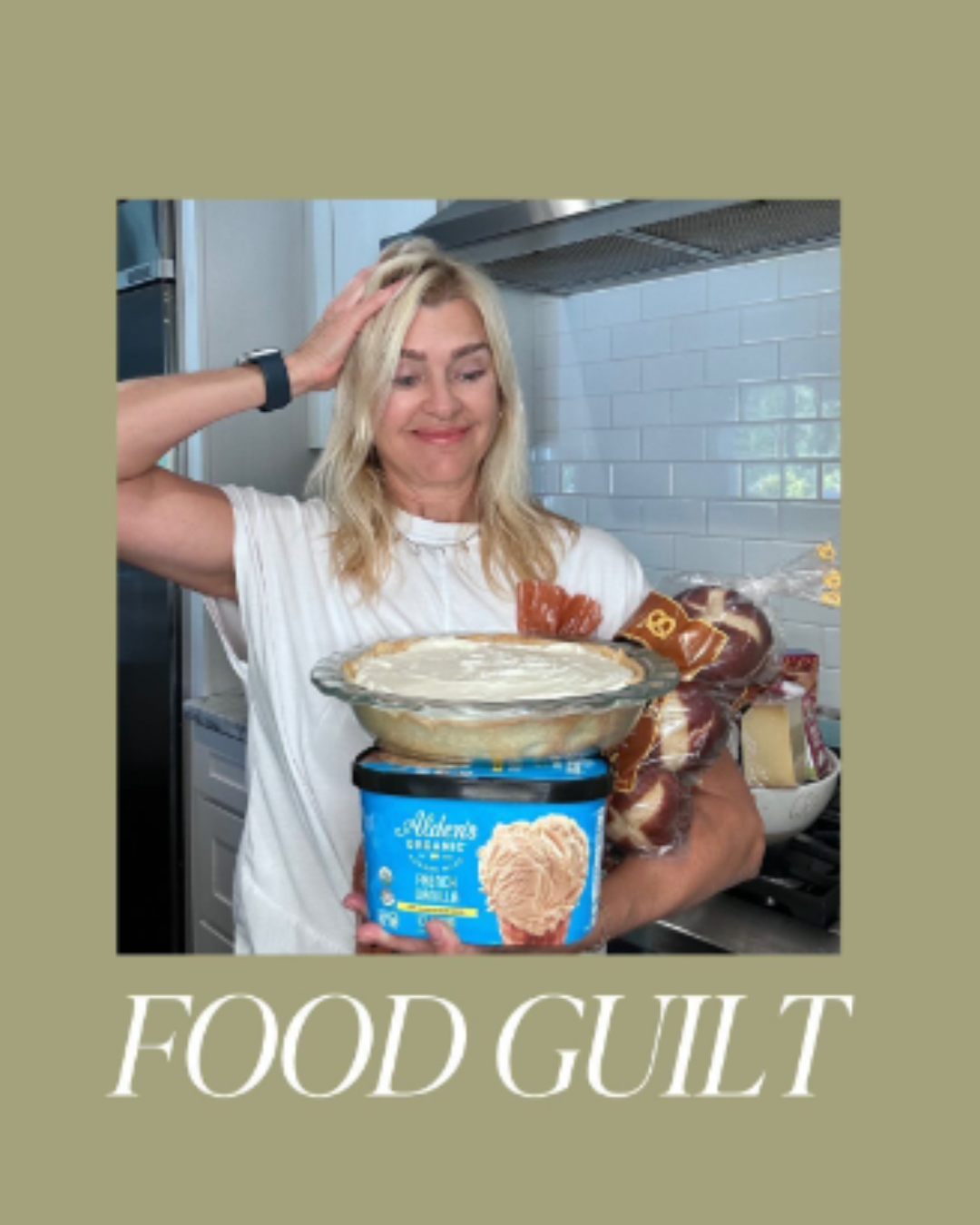3 Tips to minimizing food guilt
Improve your relationship with food

3 Tips to minimizing food guilt. Food guilt is a common problem that many people struggle with, especially around the holidays and celebratory meals. It can affect your mental health, your self-esteem, and your relationship with food. But don’t worry, there are ways to overcome food guilt and enjoy eating without feeling bad about it.
In this blog post, I will share with you three tips to minimize food guilt and improve your eating habits. These tips are based on scientific research and expert advice, so you can trust them to work for you.
Tip 1: Eat smaller portions
One of the main causes of food guilt is overeating. When we eat too much food at once, we may feel uncomfortable, bloated, or guilty afterwards. To avoid this, try to eat smaller portions throughout the day. This will help you feel more satisfied with less food and prevent overeating at meals.
You can use some simple strategies to eat smaller portions, such as:
Another reason why we may feel guilty after eating is that we don’t chew our food properly. When we eat too fast, we may not taste our food fully or digest it well. This can make us feel unsatisfied or guilty about what we ate.
To prevent this, try to chew your food slowly and mindfully. This will help you enjoy your food more, improve your digestion, and reduce stress.
Some benefits of chewing slowly are:
The last tip to minimize food guilt is to change how you think about eating. Many times, we judge ourselves or others based on what we eat or how much we eat. We may think that certain foods are good or bad for us, healthy or unhealthy for us, or right or wrong for us.
But these thoughts are not facts; they are opinions that can be influenced by many factors, such as culture, media, peers, family, etc. They can also be inaccurate or misleading.
Instead of judging yourself or others based on what you eat or how much you eat, try to adopt a more positive and appreciative perspective. Here are some ways to do this:
By following these three tips, you can minimize food guilt and improve your relationship with food. You can also enjoy eating more without feeling bad about it.